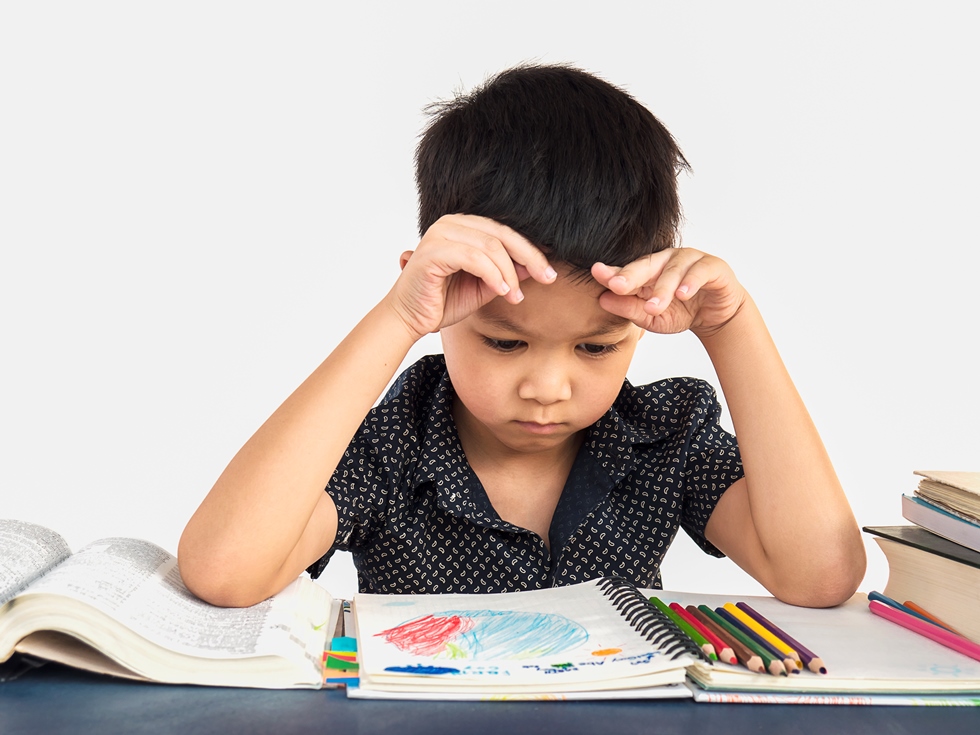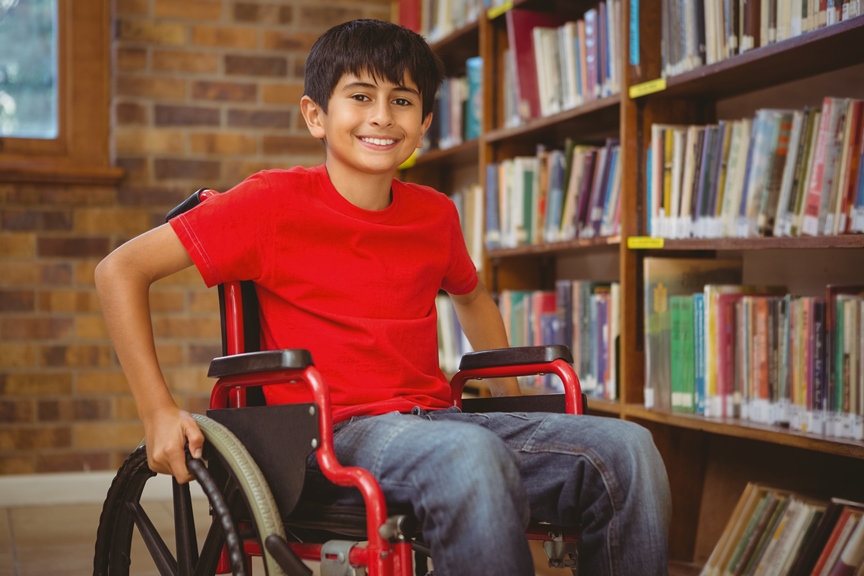Intellectual disability is a condition of limited mental ability in which the individual,
(1) has a low IQ, usually below 70 on a traditional intelligence test;
(2) has difficulty in adapting to the demands of everyday life; and
(3) first exhibits these characteristics by age 18
The most distinctive feature of intellectual disability (formerly called Mental Retardation) is inadequate intellectual functioning, identified by a lack of age-appropriate skills in learning and caring for themselves.IQ scores categorize intellectual disability as mild, moderate, severe, or profound. However, limitations in present functioning is generally considered within the context of the community environment of the child, typical of the individual’s age, peers, and culture. Also noted is the fact that with appropriate personalized supports over a sustained period, the life functioning of the person with intellectual disability generally will improve. Children with Low IQ face delay or difficulty in learning new skills, studying and engaging in proper behaviours. Typically, children with intellectual impairment fail in school examinations despite genuine efforts. In between trying to perform better in academics and the lack of intellectual ability to do so, they may suffer from helplessness and low self-esteem. Our therapists design a program based on the individual child’s needs, incorporating various behavioral techniques, to improve their level of functioning, where specific behavioral objectives are defined, and children are taught skills in small, sequential steps.
Worried that your child might have Intellectual disability:
- Does your child experience difficulty with intellectual activities (e.g. reasoning, problem solving, planning, abstract thinking, learning)?
- Does your child exhibit poor adaptive functioning, failure to meet developmental milestones related to independence and responsibility, and limited functioning in one or more daily life activities (e.g. communication, social participation) across multiple environments (e.g. school, home)?
- Does your child experience difficulty in developing, maintaining and understanding relationships (e.g. difficulties adjusting behaviour in different social settings, lack of interest in or understanding of peers and social play activities)?
- Do you feel that your child does not behave adequately as per his age?
If you have said yes to most of the above, we might be able to help you.
Treatments, we provide that can help your child and you:





